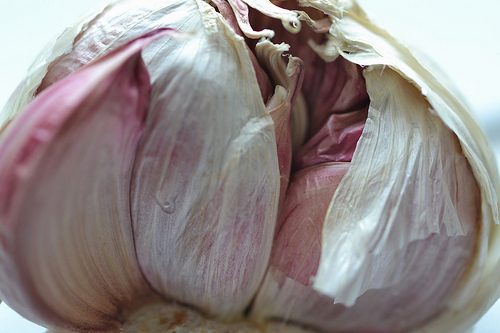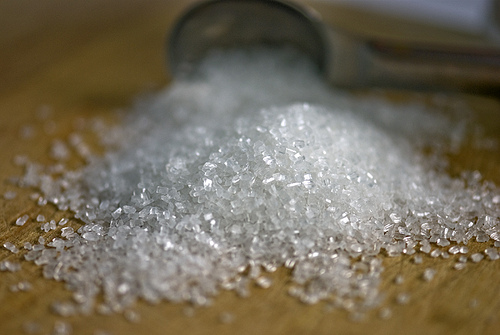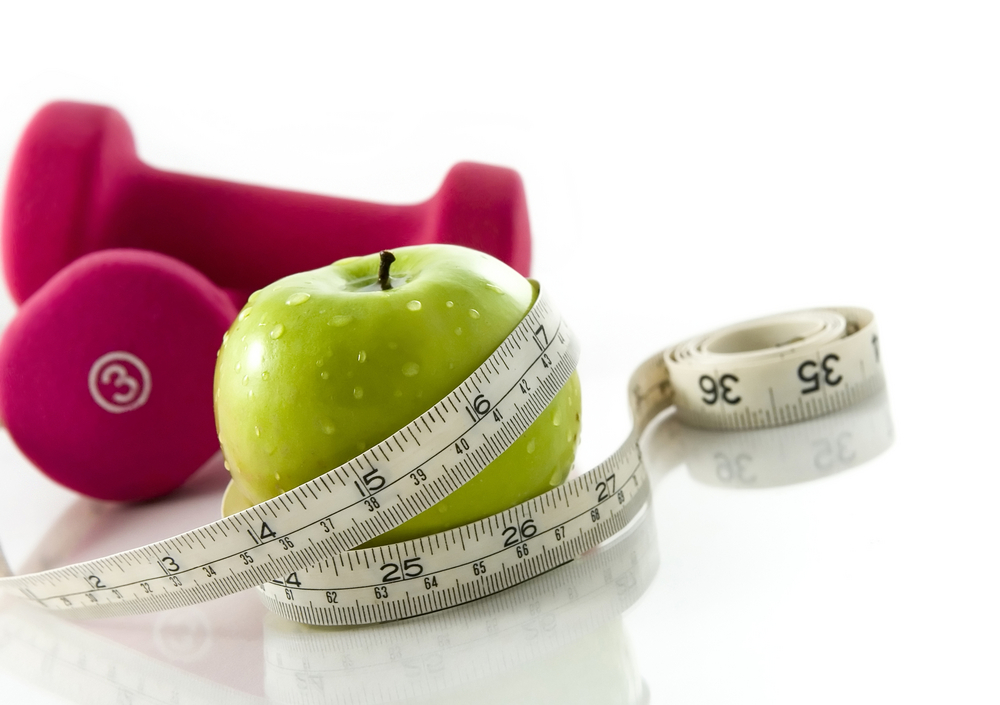5 Strategies to Prevent Holiday Weight Gain
 Did you know that half of the weight you gain over an entire year occurs during the holiday season? This sobering statistic comes from a study cited in a recent article by Chris Kresser talking about holiday weight gain. The bad news is, the weight you gain stays on indefinitely. In January, people make New Years resolutions and they may lose a few pounds but the majority of the weight gained during the holiday season sticks. Small increases in weight over time can add up. According to Kresser’s article:
Did you know that half of the weight you gain over an entire year occurs during the holiday season? This sobering statistic comes from a study cited in a recent article by Chris Kresser talking about holiday weight gain. The bad news is, the weight you gain stays on indefinitely. In January, people make New Years resolutions and they may lose a few pounds but the majority of the weight gained during the holiday season sticks. Small increases in weight over time can add up. According to Kresser’s article:
“The average American gains between 0.5 and 1.75 pounds a year, and a National Health and Nutrition Examination Survey follow-up study found that among adults 25 to 44 years old, the body weight measured at 10-year intervals increased by an average of 3.4 percent in men and 5.2 percent in women (1).”
I see many patients in my practice who are struggling with weight issues and from my experience, there is no one-size-fits-all approach. That said, every person needs to be eating right and exercising in order to lose weight. From Kresser’s perspective, weight is controlled by the body’s internal setpoint.
He writes: “From an evolutionary perspective, survival in a natural environment is threatened by either too little or too much fat. If we have too little fat, we can’t survive periods of food scarcity and we starve. If we have too much fat and we become obese, then we aren’t as fit to hunt and gather food and evade predators and survive. When our weight increases above this setpoint, the brain engages various mechanisms to decrease it – and vice versa. This is how normal weight people are able to maintain virtually the same weight throughout their entire life without counting calories coming in or going out. In overweight or obese people, however, the setpoint is broken. Instead of defending an ideal weight, the setpoint gradually creeps up over time.”
Gaining weight over time will actually increase your body weight setpoint. So gaining a few pounds over the holidays does matter. It can make it much harder to lose the weight after your body has readjusted to a new higher setpoint.
How to keep the pounds off this holiday season
1) Get good sleep
Why do I put sleep first on the list? Because it is typically the most overlooked aspect of weight gain. I have patients who tell me that they don’t need sleep, they can live off 5-6 hours per night. I tell them about the sleep-weight gain connection. Two hormones are involved with sleep and metabolism–ghrelin and leptin. Ghrelin is a hormone that tells you when to eat. When you are sleep deprived, your levels of ghrelin increase and you will have an increased appetite on days when you’ve had less sleep. Leptin is a hormone that tells you when to stop eating. When you are sleep deprived, your body has lower levels of leptin, and thus less of an ability to feel full. More ghrelin and less leptin equals weight gain. So first rule of thumb–get more sleep. I tell patients 8 hours per night is healthy, 9 hours per night is healing. Many patients recovering from illness, stress or adrenal fatigue need at least 9 hours of sleep each night to feel well.
2) Eat this not that
Holiday foods can really pack on the pounds. It may be festive to have a pumpkin spice latte while you run errands or do holiday shopping, but the added calories may not be worth it. Watch out for these fat and calorie-rich treats found at many holiday parties:
Eggnog
Fruitcake
Cheesecake
Pecan pie
Spinach and artichoke dip
Casseroles
Sugar cookies
Mashed potatoes
Candy canes
Gravy
Cinnamon rolls
Truffles
Peanut brittle
Cheese fondu
Shepard’s pie
Instead, choose holiday foods that are much healthier such as:
Chesnuts
Walnuts
Pecans
Almonds
Cocktail shrimp
Brussels sprouts
Veggies and hummus
Popcorn
Chips and salsa
Turkey
Chicken
Roasted vegetables
Green beans
Salad greens
Fresh fruit
Wild rice
Quinoa
Applesauce
Cheese
Dark chocolate (if you must)
3) Use portion control
Eating too much of a good thing can be detrimental to your waistline. Even if you do indulge in holiday sweets, it’s the amount that you eat which ultimately affects the weight you gain. If you are going to a holiday party or event, eat a snack beforehand, don’t arrive with an empty stomach. Get a drink before filling up your plate. Don’t look at the holidays as “food events”. Take your mind off food and focus on the people you are with or your conversations. If the meal is buffet, choose a smaller plate, don’t stack your food and limit yourself to just one serving, not seconds or even thirds.
4) Exercise more
One of my teachers had a sign in her office that said, “Whatever the problem, exercise is part of the solution.” Exercise prevents weight gain and helps maintain leptin sensitivity. Take long walks after meals, take the stairs whenever possible, get your workouts in during the morning so that you avoid the procrastination after work, or hit the gym during your lunch break, reduce your TV time. I tell patients the amount of exercise you need to do to prevent weight gain is 30-50 minutes of sustained cardiovascular exercise at least 3 times per week. In order to lose weight, the amount of exercise you need to do is 50 minutes of sustained cardiovascular exercise 5 times per week.
5) Manage Stress
The holidays are an inherently stressful time for many people. Emotional eating is common during the holidays and the winter months. Spending more time with family can be joyful, aggravating or a combination of both. Many people are alone during this season and stress levels can be very high. Keep your life simple. Don’t spend too much money, don’t do too much activity and try to minimize the indulgences of holiday food and alcohol. Set a schedule for yourself and maintain a daily routine.












